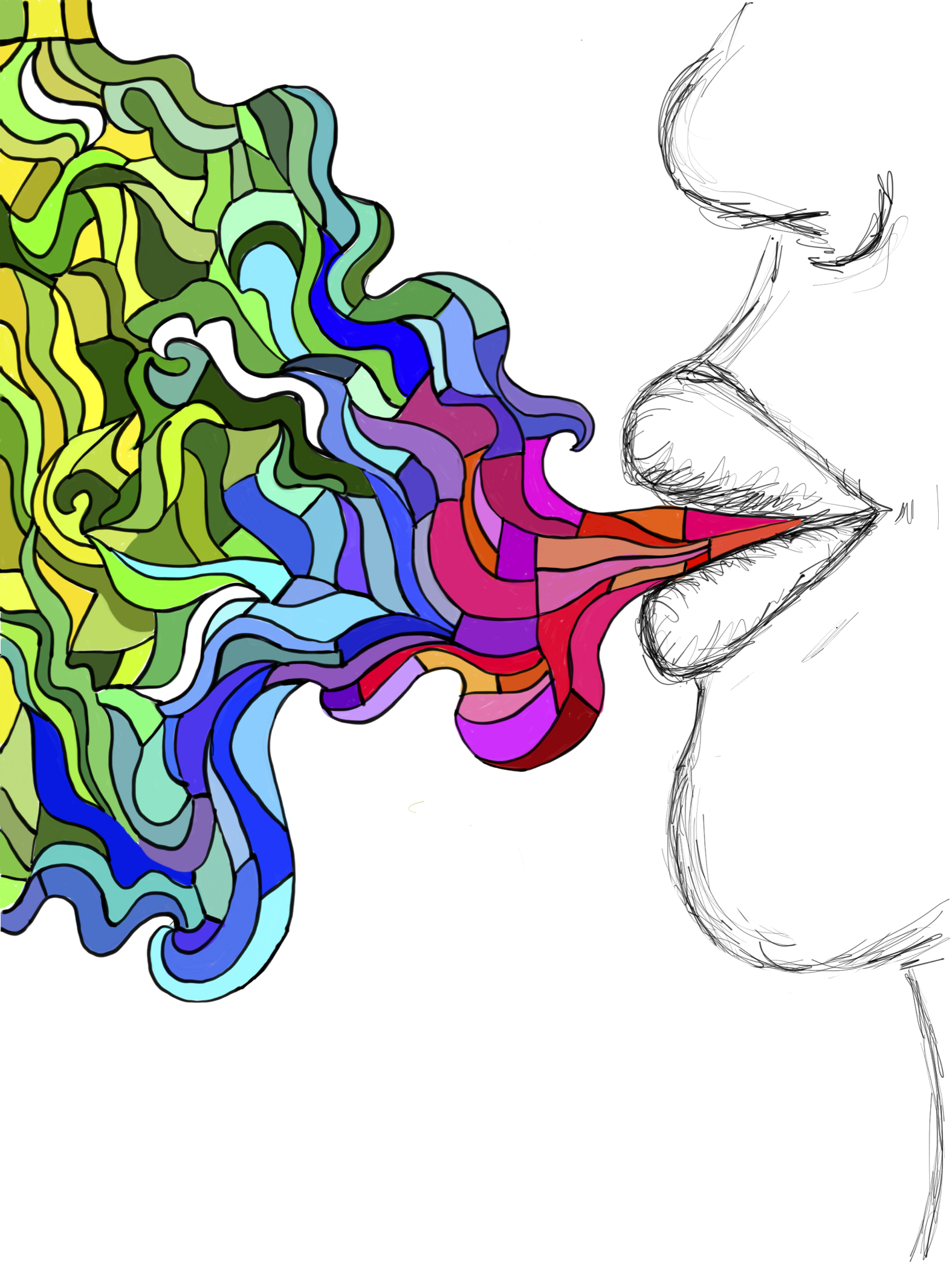Not to be Blunt, But Can Weed Save Music?
 Hipsters have disappointed us yet again – real shocker there, we know.
Hipsters have disappointed us yet again – real shocker there, we know.
Despite the trend of pretentious vinyl banter, record stores are becoming as obsolete as ever in a world of $5-a-month online streaming services. And the record industry’s latest effort to stick it to technology? The only thing that students like more than their discount Spotify subscriptions: weed.
Music and weed have been culturally intertwined from the age of reggae to the to reign of Snoop Dogg. It’s even a proven science that music sounds better when we’re high. So when the iconic Amoeba Records located on Sunset Boulevard was sold to a fancy glass tower developer in September, Marc Weinstein and Dave Prinz did what any struggling business owners in California would do: obtained a marijuana license.
By converting the jazz room of the original shop in Berkeley to a dispensary, they hope to sell an experience, not just bud. The addition is expected to improve foot traffic along with helping pay for the store's rent, according to Weinstein and Prinz. Though this source of supplemental income is perhaps easier to realize in a state where marijuana is essentially legalized, it’s a good indication of how music sellers can use the surging weed industry to prop things up.
Syracuse was once a thriving music city, chockfull of record stores and instrument shops. The performance scene is still fairly prominent, but as for vinyl, the Sound Garden in Armory Square is the lone representative of the antiquated way to listen to your favorite albums. In recent years, they’ve faced a number of challenges, which can all be traced back to the demise of records in some way.
We’re not implying that students should get high and go listen to Bob Marley at the Sound Garden (although go right ahead if that’s something you think you’d be into), but maybe the store can take a lesson from Amoeba and exploit weed’s popularity in a legal way to keep records relevant.
In a world that instantly streams just about everything, it’s important to take the time to slow down and appreciate art – even if you need to roll a J up to do so. Vinyl records are packaged in an artistically pleasing way that delivers a message about the music you’re about to hear: an album crafted to be listened to in its entirety.
Weed has been connected to music and musicians for decades. Notable marijuana advocates include John Mayer, Miley Cyrus, Justin Timberlake, Tony Bennett, Carlos Santana, and John Legend. These musicians prove that weed infatuation isn’t stereotypical of any single genre, and that there’s definitely a powerful connection between music and marijuana.
There’s incredible potential for a mutually beneficial relationship between the substance and the art form. This could result in records saved and weed legalized. Take note, record stores of America. Why not take Amoeba Records’ lead and explore hooking up with Mary Jane?

